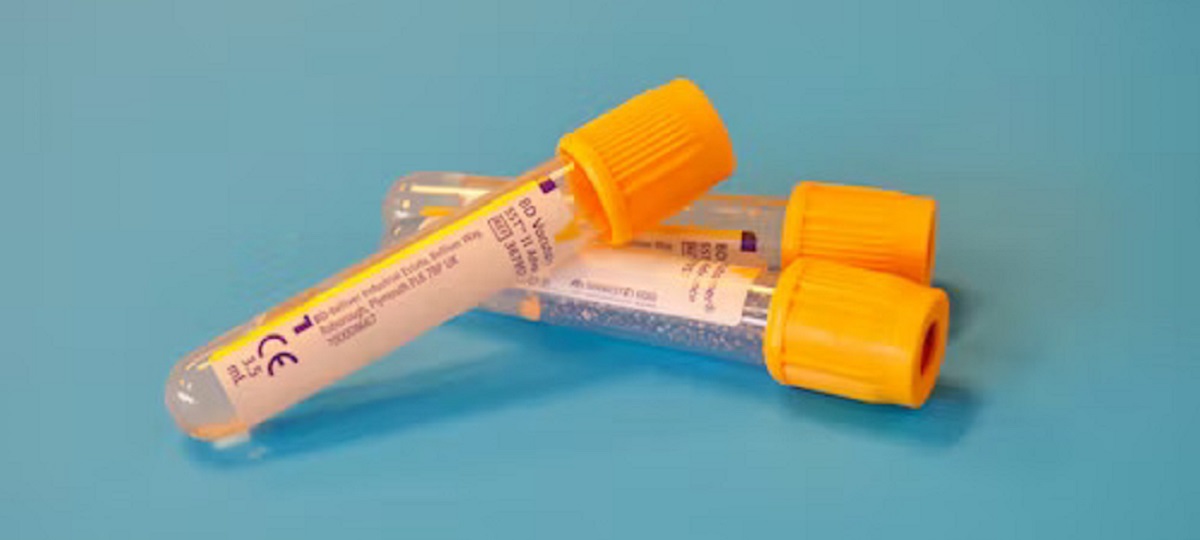In the realm of medical conditions, few things are as uncomfortable and concerning as blood in urine, especially when it’s accompanied by the suspicion of kidney stones. This painful phenomenon can leave you bewildered and anxious. However, understanding the causes, symptoms, and potential treatments is the first step towards dealing with this issue effectively.
What Are Kidney Stones?
Kidney stones, also known as renal calculi, are solid deposits of minerals and salts that form within the kidneys. These stones can vary in size, from tiny grains resembling sand to larger, more jagged structures. When these stones move through the urinary tract, they can cause excruciating pain and, in some cases, lead to complications like hematuria, the medical term for blood in urine.
Causes of Blood in Urine Kidney Stone
Understanding the underlying causes of blood in urine kidney stones is crucial for effective management. Here are some key factors:
- Kidney Stone Formation: The primary cause is the presence of kidney stones, which can injure the urinary tract during their passage.
- Infection: Urinary tract infections can lead to blood in urine. These infections often accompany kidney stones.
- Trauma: Physical injury to the kidneys or urinary tract can also result in hematuria.
- Medications: Certain medications, such as blood thinners, can cause blood in urine as a side effect.
- Underlying Medical Conditions: Conditions like kidney disease or cancer can contribute to blood in urine.
Blood in Urine: A Troubling Symptom
Hematuria, or blood in urine, often serves as a warning sign of underlying medical issues, including kidney stones. While it can be frightening, it’s essential to understand that not all cases of hematuria are severe. Nonetheless, it warrants a thorough evaluation by a medical professional.
Symptoms of Hematuria
- Pink, Red, or Brown Urine: The most apparent symptom of hematuria is the presence of blood in the urine, which can alter its color.
- Frequent Urination: Individuals with hematuria may experience a heightened need to urinate more frequently.
- Pain or Discomfort: Some may experience pain or discomfort during urination, which can be attributed to the irritation caused by the presence of blood.
Diagnosing Kidney Stones and Hematuria
When confronted with symptoms like blood in urine, seeking a proper diagnosis is critical. The following is what to anticipate throughout the diagnostic procedure:
- Medical History: Your healthcare provider will inquire about your medical history and any relevant symptoms.
- Physical Examination: A physical examination may be conducted to identify any signs or tenderness in the abdominal area.
- Imaging Tests: To detect kidney stones, various imaging tests, such as ultrasound, CT scans, or X-rays, may be recommended.
- Urinalysis: A urinalysis will be conducted to confirm the presence of blood in urine and assess its severity.
Treatment Options
Treatment for kidney stones and associated hematuria depends on the size and location of the stones, as well as the severity of symptoms. Here are some common approaches:
- Hydration: Increasing fluid intake is often the first step to help flush out smaller stones and prevent further formation.
- Medications: Pain-relieving medications may be prescribed to manage the discomfort caused by kidney stones. Additionally, medications can be used to help break down certain types of stones.
- Surgical Intervention: In more severe cases, especially when stones are large or causing significant obstruction, surgical procedures like lithotripsy or ureteroscopy may be necessary.
- Preventive Measures: To prevent recurrent kidney stones, dietary modifications and lifestyle changes may be recommended, including reducing sodium and oxalate intake.
Conclusion
In conclusion, blood in urine, often associated with kidney stones, can be a distressing experience. However, with the right knowledge and timely medical intervention, you can manage this condition effectively. If you suspect kidney stones or experience hematuria, it’s imperative to consult a healthcare professional promptly for a proper diagnosis and personalized treatment plan.
